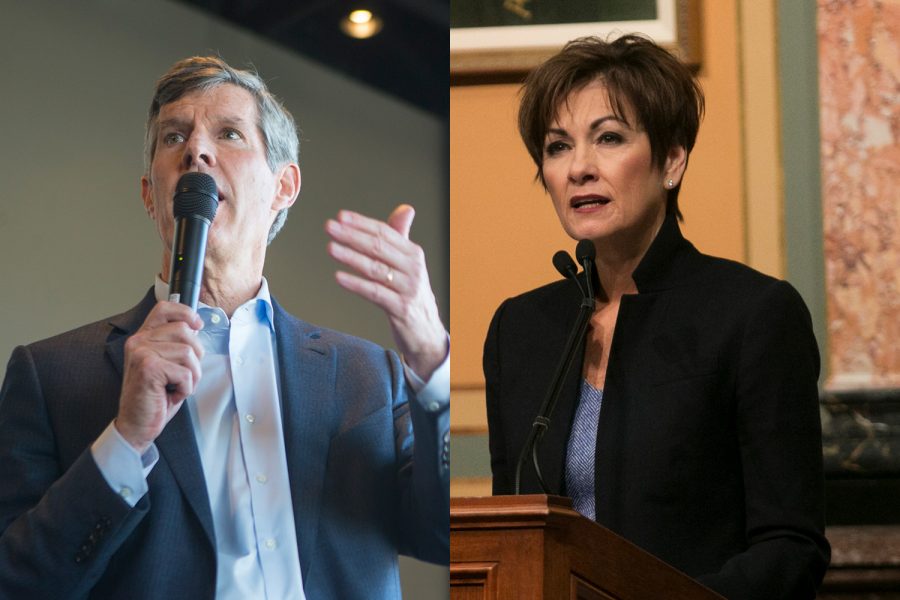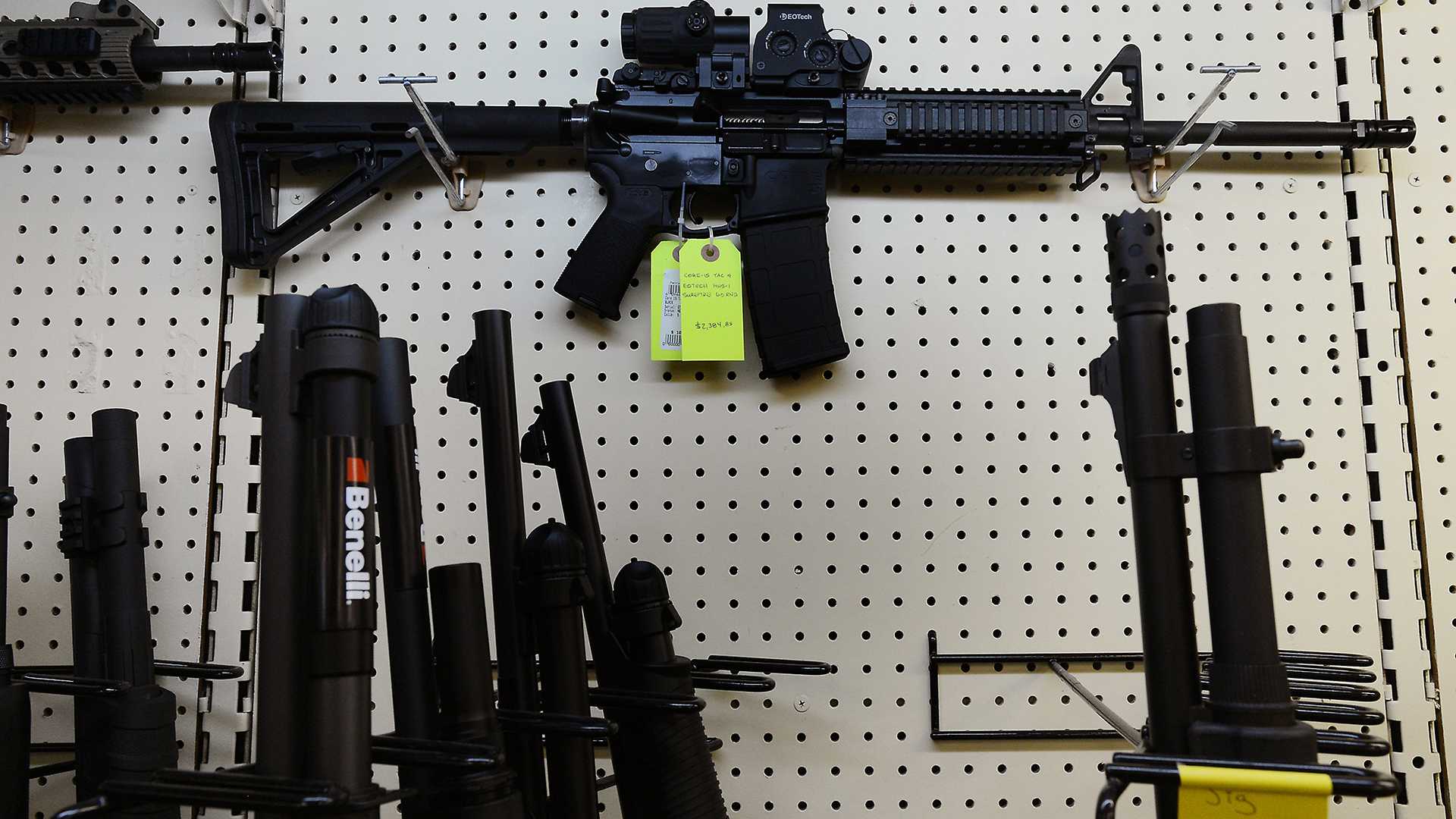Jaimes: Money can buy most things, just not the Governor’s seat
2018 Iowa Midterm elections outcomes were largely based off of genuineness, money, and hypocrisy, of course.
Democrat Fred Hubbell (left) and current Republican Gov. Kim Reynolds are running for Iowa governor.
November 26, 2018
Election season has come to an end, leaving Iowa with a mix of Democrats and Republicans holding offices in state and federal races. Although a 2014 study from United Republic showed that 91 percent of candidates with deeper pockets win elections, not all Iowa candidates benefited from this prediction. Specifically, Iowa Democrats, who rally against the rich getting richer, were the biggest spenders in the 2018 elections. The final tally of money spent in midterm elections only adds to the never-ending cycle of hypocrisy in politics.
In total, the Iowa Democratic Party raised $7.5 million for the 2018 midterm elections while the Republican Party of Iowa raised roughly $6.7 million.
The numbers in this column are according to a Des Moines Register article dated Oct. 27, which is before the final filing date for dollars raised and spent by campaigns in the last three weeks before the election.
RELATED: Jaimes: Gov. Reynolds faces liberal hypocrisy
A Des Moines Register poll showed Democratic gubernatorial candidate Fred Hubbell taking the lead on Republican incumbent Kim Reynolds just a few months before Election Day. His pocketbook also contributed to this prediction, as the millionaire handed himself $6.5 million — a fact that his supporters conveniently ignored while they praised him as the right voice for Iowa. Hubbell’s nearly $7 million lead over his opponent ultimately could not help him, as he lost the gubernatorial race by 3 percentage points.
Another big spender and new poster child for the Democratic Party, Rob Sand, made record-breaking fundraising efforts, taking in $1.3 million dollars in the state auditor’s race. His opponent, Republican incumbent Mary Mosiman, raised $174,000. Sand has been a favorite among Democrats, gaining support from New Jersey Sen. Cory Booker, Montana Gov. Steve Bullock, and former Maryland Gov. Martin O’Malley. Sand, who has been referred to as a “young Robert Mueller,” won his seat for state auditor by 4 percentage points.
RELATED: Laursen: Sessions resigned, and the left is mad?
In 2014, the Iowa state auditor’s race shattered glass ceilings by electing the first woman to its office. The 2018 state auditor’s election was one of the first to see excessive amounts of money raised. Sand, who will likely use his new office as a stepping stone to higher offices, will continue to be a Democratic favorite and see colossal amounts of money contributed to his future campaigns. Just as Democrats hand-picked him for the 2018 elections, they will ensure his success for other offices, no matter the price. What mattered to voters was his record, which gave him the ability to raise money — not buying himself votes out of his own bank account.
A statement from Iowa GOP Chairman Jeff Kaufmann to the Des Moines Register sums up this information best: “I do argue there is a ‘green wave’ of campaign contributions that is very helpful to Democrats.” The blue wave might not have been as strong in Iowa despite the massive donations that flowed in for Democratic candidates.
The more that Democrats organize against the “evil Koch brothers,” the more they will have to explain their tolerance for millionaires who run on liberal tickets, such as Fred Hubbell and J.B. Pritzker, the Illinois governor-elect. Their excuse of raising money to support beliefs they want reflected in government cannot stand if they support a sole individual handing himself $6.5 million dollars, money he made as a crony businessman who, like President Trump, refuses to release his tax records.
The difference between Sand and Hubbell clearly demonstrated a strong dislike for candidates that are not relatable to the average Iowan, and who are hypocritical in their personal lives versus political platforms. There was not a dollar amount that could buy genuineness in the midterm elections.






